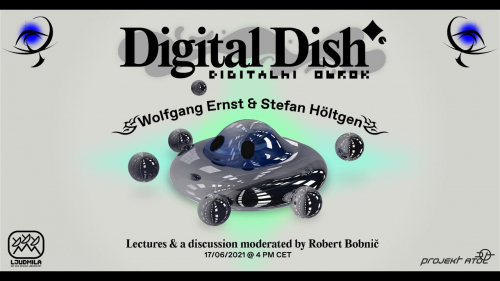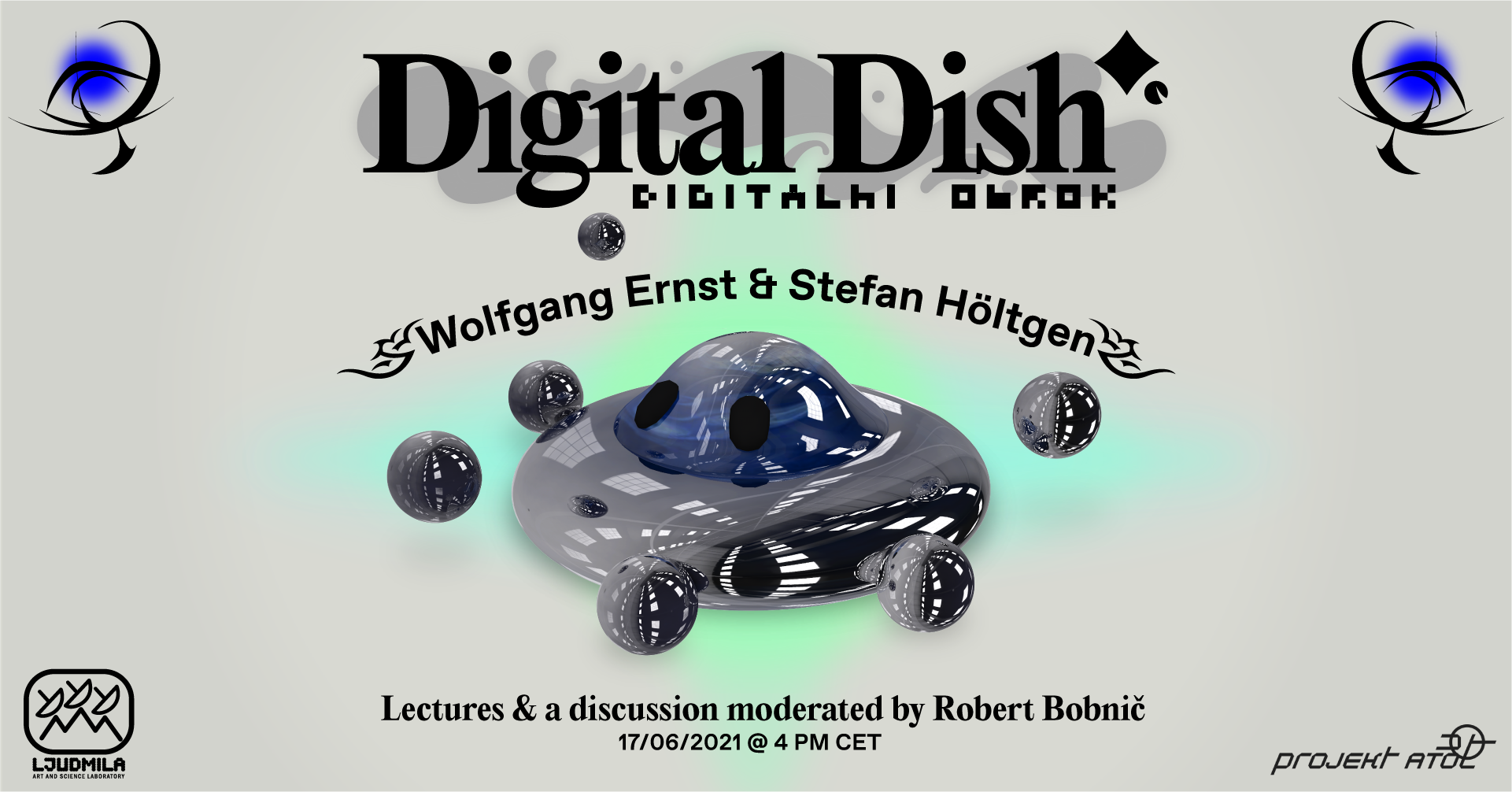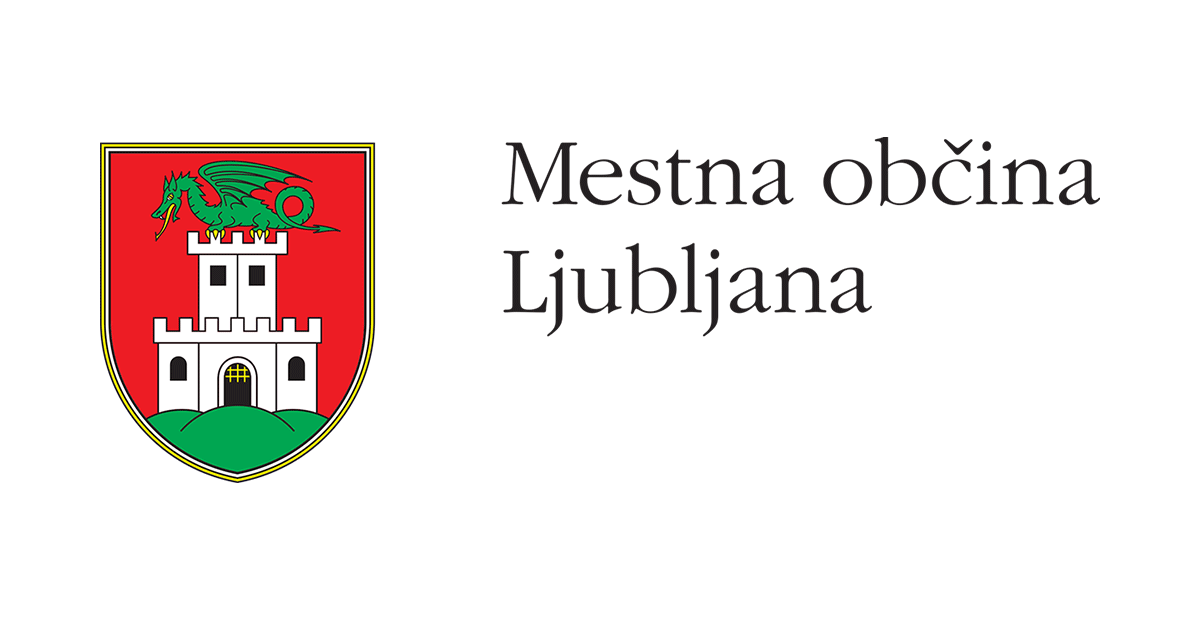Wolfgang Ernst | Medijska arheologija
Wolfgang Ernst: Against the "Dead Media" Metaphor. "Objectified" and Processual Media Analysis in the Media-Archaeological Fundus, and "Radical Media Archaeology" as its Research Method
Technical media are not speculative things, they actually exist. Even if their concretisations are labelled "historic", they are radically present. Their critical analysis demands their presence in operation and cannot be reduced to mere illustrations or museum objects. In order to let students and scholars experience such media in their material resistance and energetic idiosyncrasies, the Media Archaeological Fundus (MAF) of Media Science has been set up at Humboldt University Berlin in philosopher Hegel's former town house.
Before actually providing insight into the MAF, its invisible background will be illuminated in this presentation, by an introduction to the research method of "radical" media archaeology. In different artistic and "hacking" research practices like the "dead media project", media archaeology is very often non-critically reduced to a label of retro-aesthetics nostalgia for obsolete technology or simply understood in a historicist sense (like "steampunk" in literary fiction and computer game narrative design). In contrast, the "Berlin school" of Media Science actually insists – at least in principle – on the imperative of (re-)enacting technical beings: in terms of electronic hard- and computational software "close to the machine", but as well in terms of conceptual media theory (technológos).
Stefan Höltgen: Signals & Noises. Scenes from a retro-computing hacker space
The signal laboratory is a working space for hands-on media science. In 2012, when the department for musicology and media science moved to the Kupfergraben in Berlin, the laboratory was rebuilt from scratch: vintage digital and analogue computers, video games, board games, tools for electronic tinkering and programming moved in. The signal laboratory became a place to research operative computer history, a seminar room for MA and BA students to learn techno-mathematical and computer-scientific methods to explore and research media technology – and a hacker space for the retro-computing community in and around Berlin.
A monthly round table was established where people could bring their vintage computer collectables to show and repair. A quarterly “game circuits” hands-on retro-gaming event was started where historical video and computer games could be analyzed on real platforms with specific research questions (e.g. “errors in video games”, “video games and speech synthesis”, …). Several exhibitions in Berlin and other German cities were planned and initiated in the signal laboratory.
During the talk, curator Stefan Höltgen will show the collection and present some selected items in operation. Specific examples will show how computer archaeology asks questions to machines that people (even their inventors) would not be able to pose. The video game “Pong” and some of its most interesting and strangest implementations will be the point of interest. With “Pong”, the curator and his colleagues will show how history, epistemology, archaeology and computer science merge into media and computer archaeology.
Wolfgang Ernst
Dr. Wolfgang Ernst je redni profesor za medijsko teorijo na Inštitutu za muzikologijo in medijske znanosti Humboldtove univerze v Berlinu. Izhaja iz akademskega polja zgodovine in klasične filologije (latinska filologija in klasična arheologija), njegovo neizčrpno zanimanje za kulturne časovnosti pa ga je zbližalo s porajajočo se, v tehnologijo usmerjeno „nemško šolo” medijskih znanosti. Akademsko zanimanje ga je vodilo od teorije arhiva in muzeologije do medijskih materialnosti. V središču njegovega trenutnega raziskovalnega dela so „radikalna” medijska arheologija kot metoda, epistemologija tehnológosa, teorija tehnične hrambe, tehnologija kulturnega prenosa, mikročasovna medijska estetika in njen kronopoetski potencial ter zvočna analiza (sonicity) z vidika medijske epistemologije. Ernstova najnovejša knjiga nosi naslov Technológos in Being. Radical Media Archaeology and the Computational Machine (2021).
Stefan Höltgen
Stefan Höltgen (PhD, ScD) je raziskovalec medijskih znanosti na Humboldtovi univerzi v Berlinu. Tam raziskuje in poučuje medijsko in računalniško arheologijo, poleg tega pa skrbi za oddelčne medijske in računalniške zbirke, ki jih tudi ureja. Opravlja tudi delo znanstvenega svetnika za Muzej računalništva v Oldenburgu. Več informacij o njegovem delu: www.stefan-hoeltgen.de, kontakt: stefan.hoeltgen@hu-berlin.de.



